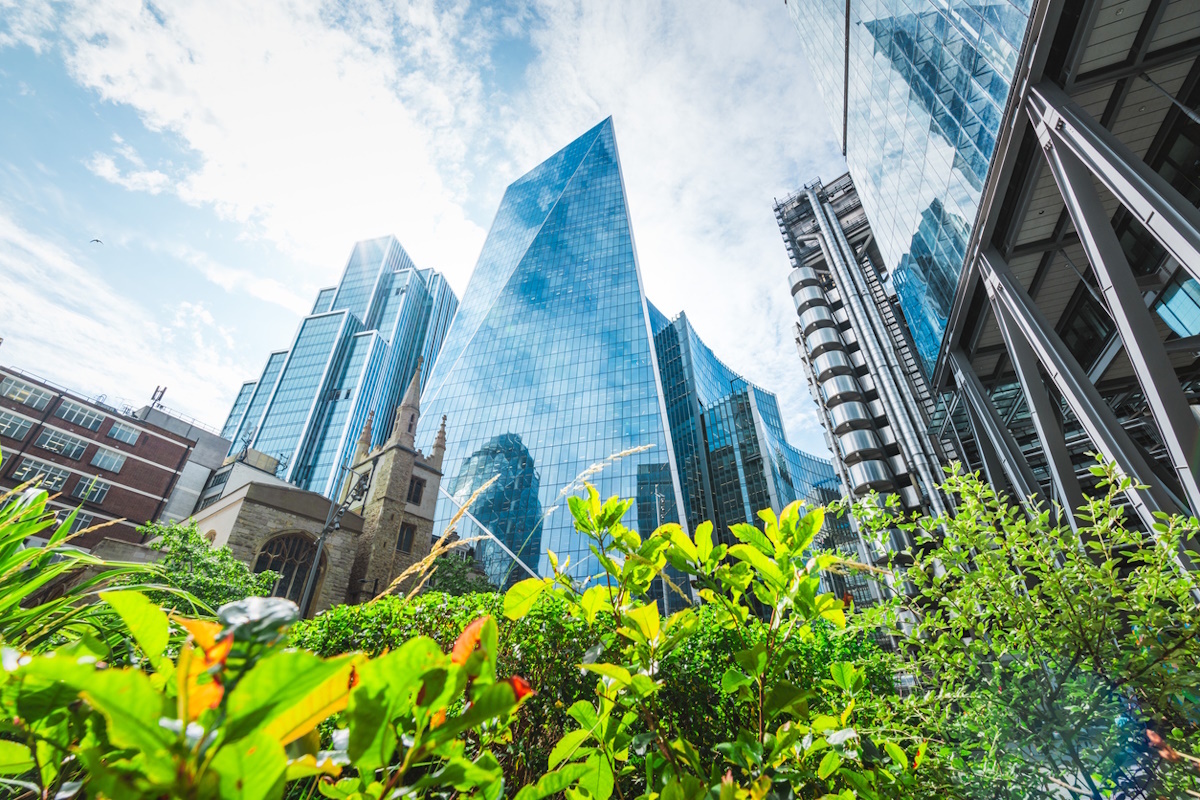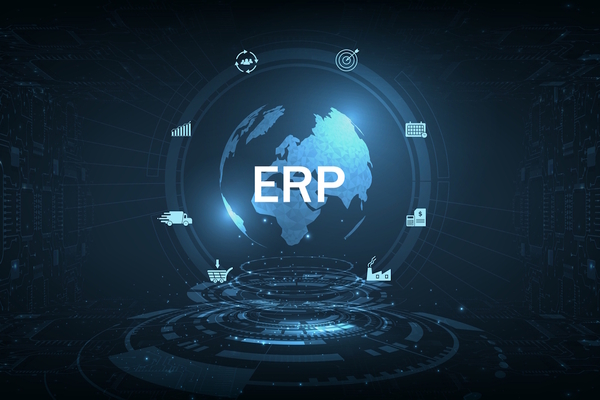Leveraging technology for a greener future

Toby Alcock at Logicalis describes how organisations can drive their sustainability through technology
As the threat of climate change continues to evolve, sustainability is shifting up the boardroom agenda and the role of technology is becoming even more central to driving the type of sustainable efforts that yield the most significant results.
In recognition of the urgency to be environmentally responsible, businesses are looking to technology to cultivate greener businesses both as the means and a target for more sustainable business operations. According to a global CIO survey by Logicalis, 92% of CIOs see a clear link between sustainability and enterprise value, which indicates that technology leaders are taking a more prominent role in their organisations’ sustainability efforts.
Technology as an enabler
The issue of sustainability is incredibly time-sensitive, and technology has the benefit of not only being effective but often producing fast results. Technology can prompt sustainable innovation by giving businesses access to resource management and carbon emission data. With this data, businesses can see areas where they can immediately improve as well as develop strategies to introduce longer-term sustainable change.
Another example, of how organisations can improve their environmental footprint through technology is the adoption of smart buildings. Driven by Internet of Things (IoT) technology, smart buildings rely on sensors to track occupancy levels in office buildings so that heating and lighting systems can be adjusted to operate only where essential, optimising the building’s energy consumption. The array of integrated technologies in their infrastructure enables smart buildings not only to tailor their output based on occupancy but also to generate real-time data on the efficiency of building operations, providing operators with valuable insights for review.
Sustainability in technology
Technology can empower us to be more sustainable but as a major source of energy, it also needs to be managed sustainably.
The European Commission estimated that by 2030, data centres are projected to account for 3.2% of electricity demand within the EU, a jump from 2.7% in 2018. This underscores the notion that the effectiveness of hardware and the energy sources powering them can have a substantial influence on an organisation’s carbon footprint.
One of the barriers for CIOs in the past has been accessing data, 75% of tech leaders felt they needed help to unlock their data to drive a successful transformation (Logicalis’ 2023 global CIO survey). This prompted us to build the Digital Fabric Platform which collects all the data that is generated across an organisation’s digital infrastructure to produce insights across primary business metrics including sustainability. Through this analysis, the platform shares recommendations for businesses to implement such as areas where emissions reductions are possible.
Looking beyond energy consumption it’s also important to consider the lifecycle of technology. Business leaders can cut down on waste and mitigate the environmental impact of their IT operations by repurposing and reusing equipment instead of discarding it. Hardware equipment at the end of its lifespan, can be responsibly recycled eliminating the unnecessary carbon emissions associated with discarding technology to landfills.
Cultivating a sustainable ecosystem
Technology presents businesses with so many ways to construct a more environmentally conscious society. However, there’s still a long way to go and achieving effective and lasting solutions to sustainability challenges requires a collective effort.
Technology is a highly interdependent ecosystem and as businesses turn their attention to Scope 3 emissions, everyone in the ecosystem will need to get on the same page. CIOs are increasingly looking at whether suppliers are aligned with their environmental values and can support their Scope 3 reporting requirements.
While this development is largely being driven by regulation, its impact could deliver a sea change in how the technology industry operates if everyone comes together to subscribe to the same standards and targets such as the SBTIs.
Accelerating progress in 2024
With strong resolution from CIOs, coupled with regulatory imperatives there’s real promise that 2024 could bring accelerated progress in environmental sustainability.
By addressing these three areas of sustainable technology: leveraging it to reduce emissions across the organisation, minimising the impact of technology itself, and working collaboratively to get a handle on industry-wide emissions, businesses have a solid framework to make a meaningful difference.
Toby Alcock is Chief Technology Officer at Logicalis
Main image courtesy of iStockPhoto.com

Business Reporter Team
Most Viewed
Winston House, 3rd Floor, Units 306-309, 2-4 Dollis Park, London, N3 1HF
23-29 Hendon Lane, London, N3 1RT
020 8349 4363
© 2025, Lyonsdown Limited. Business Reporter® is a registered trademark of Lyonsdown Ltd. VAT registration number: 830519543





